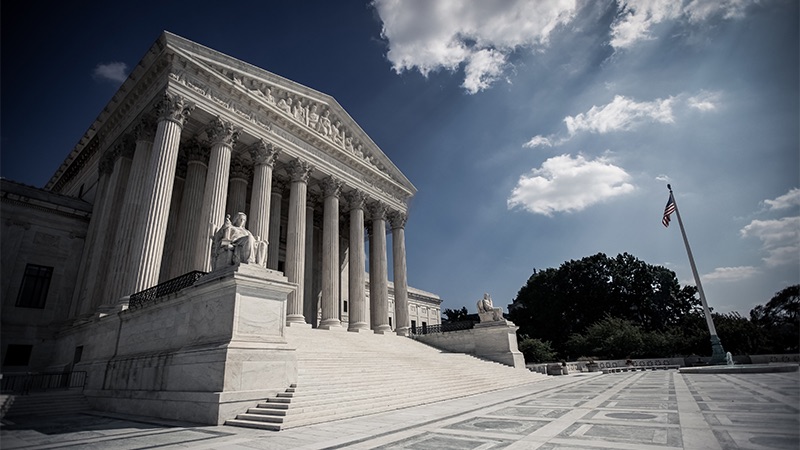Last night the Country Music Association gave out awards to artists and producers during the CMAs. I normally find these awards shows maddening, because they usually have as much to do with country music as MTV now has to do with, well, music. The debates over what is “pure” country music are always with us, but this is why the genre matters to me.
Probably my earliest memories are being in the living room with my parents and grandparents listening to an eight track with a compilation of the best of the Grand Ole Opry. That eight track stayed with me all through elementary school, high school and college. I kept my love of country music low-key when I left Mississippi, but at one point, when I was sitting in Washington, D.C. as George Jones sang through my earbuds (unbeknownst to those around me), I just gave in and decided to own it.
What’s attracted me to country music throughout the years is its rootedness and distinctiveness. There’s a Nashville sound to country and western that has been lost in much of American life. The intimate connections between the music and the places it comes from are part of the DNA of country music.
More than this, though, country music is a narrative music. It tells a story, and in many ways, that story is a gospel story.
Country music recognizes sin and redemption even from people who are lost. Whereas in some other genres of music you can have sin consistently glorified with no consequences, country music rarely does that. Of course, there is much singing about sin–but it is almost always sin that has some hope of redemption or some recognition of judgment, the sowing and reaping and consequences. Country music tends to bypass self-justification by recognizing that something is wrong with the heart.
I remember being asked one day, “How can you listen to people singing who you know use drugs and participate in drunkenness?” And my answer is that real people use drugs and get drunk, and country music, with some exceptions, is recognizing the full reality and complicatedness of sin. Think of Johnny Cash’s song “Ring of Fire,” for instance, a song about adultery that was written on the front end of real life adultery. But “Ring of Fire” isn’t a celebration or a reveling. It’s an honest recognition that adultery feels a certain way – “bound by wild desire, love is a burning thing.” That’s an authentic account.
Not only does much country music feature a realism about sin, but it also strikes a more authentic feeling when it comes to virtues. People joke about country music’s being a bunch of songs about being left by a lover, and of course, there is much of that. But there is also a lot about middle-aged and elderly people, in love, committed to each other over a long time. It’s quite rare to hear a pop song about two people in their 70s or 80s still loving each other. Indeed, many pop love songs amount to “I want to love you all night long.” The morning? We’ll cross that bridge when we come to it. In a culture obsessed with adolescent, temporary satisfaction of desire, a song that amounts to, “I don’t know how we’ll make the house payment, but we’re staying together” sounds strange indeed.
We as Christians can even see something striking familiar to us in the beginnings of the country music genre. County music started as a
Isn’t this like the story of the church? What was the church in Acts but a group of mostly poor, mostly uneducated common folk who couldn’t systematize their Torah theology but could recognize a resurrected dead man when they saw one? Those people, too, testified to what they had seen and heard, and they, too, sang about it, often while being chained in prison. That’s why the apostle Paul could say that God had chosen the foolish things of the world to shame the wise (1 Cor. 1:27).
This doesn’t mean, of course, that we should look to country music for our theology or counseling. It also doesn’t mean that country artists never use their talents to sinful ends. But I do think we can see in country music a shadowy memory of truth, a dim reflection of the knowledge written on all our hearts about God, love, sin, death, and redemption.
___________
Image credit (resized), licensed under CC 2.0.








